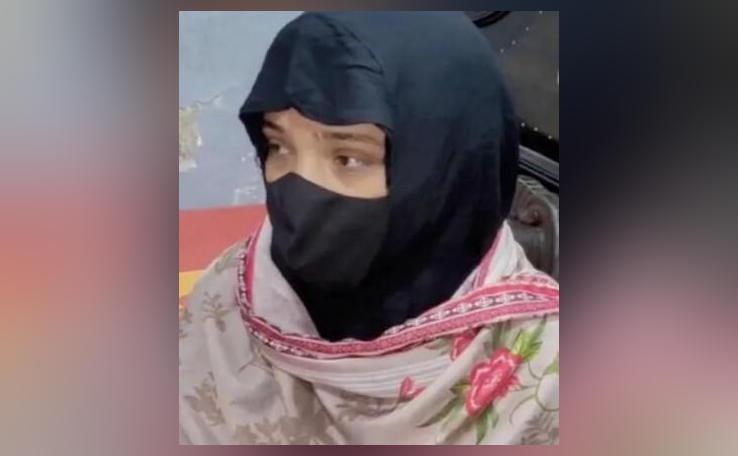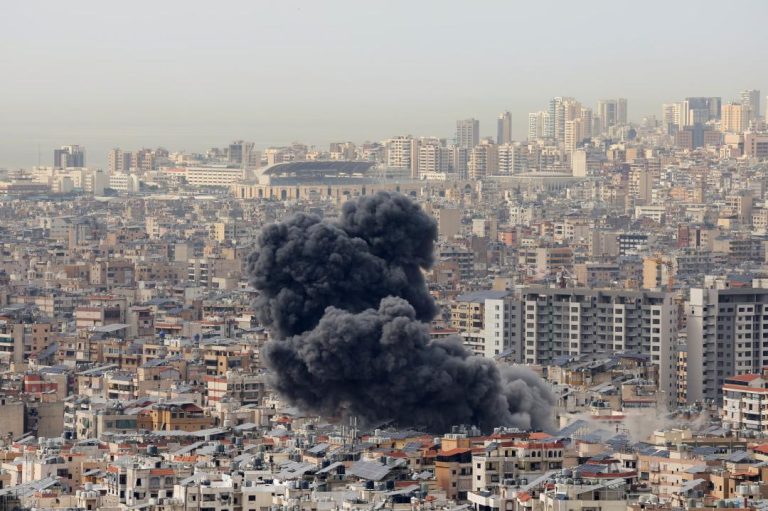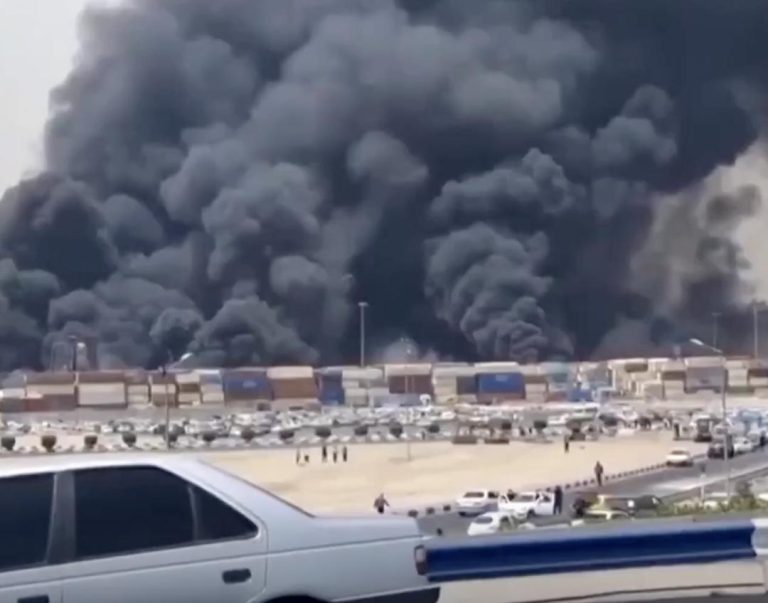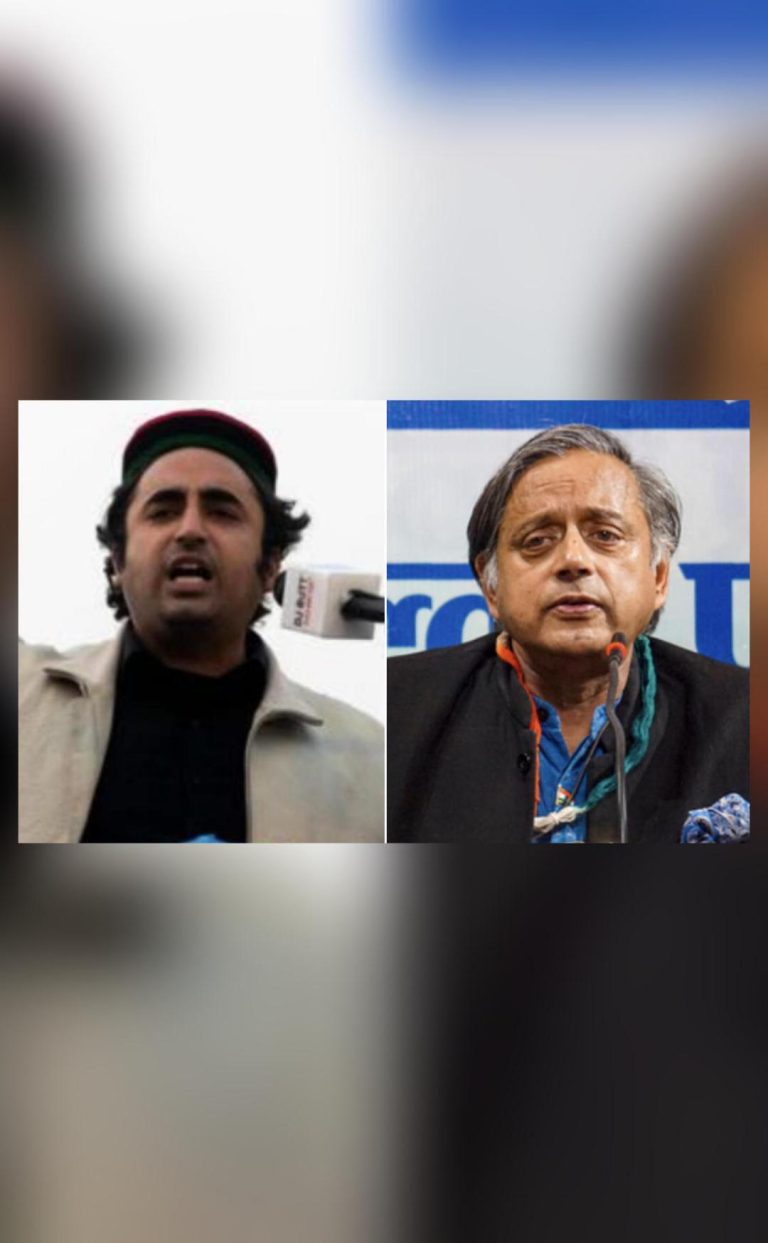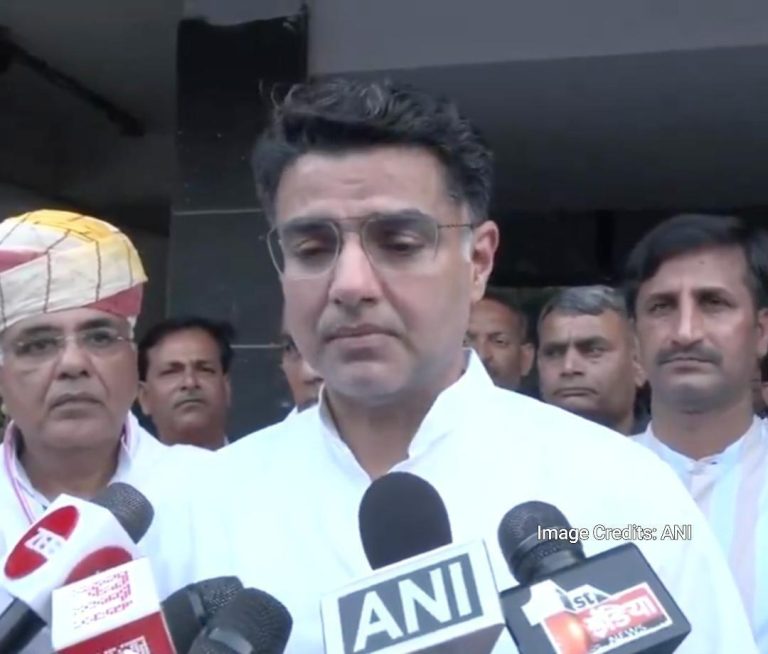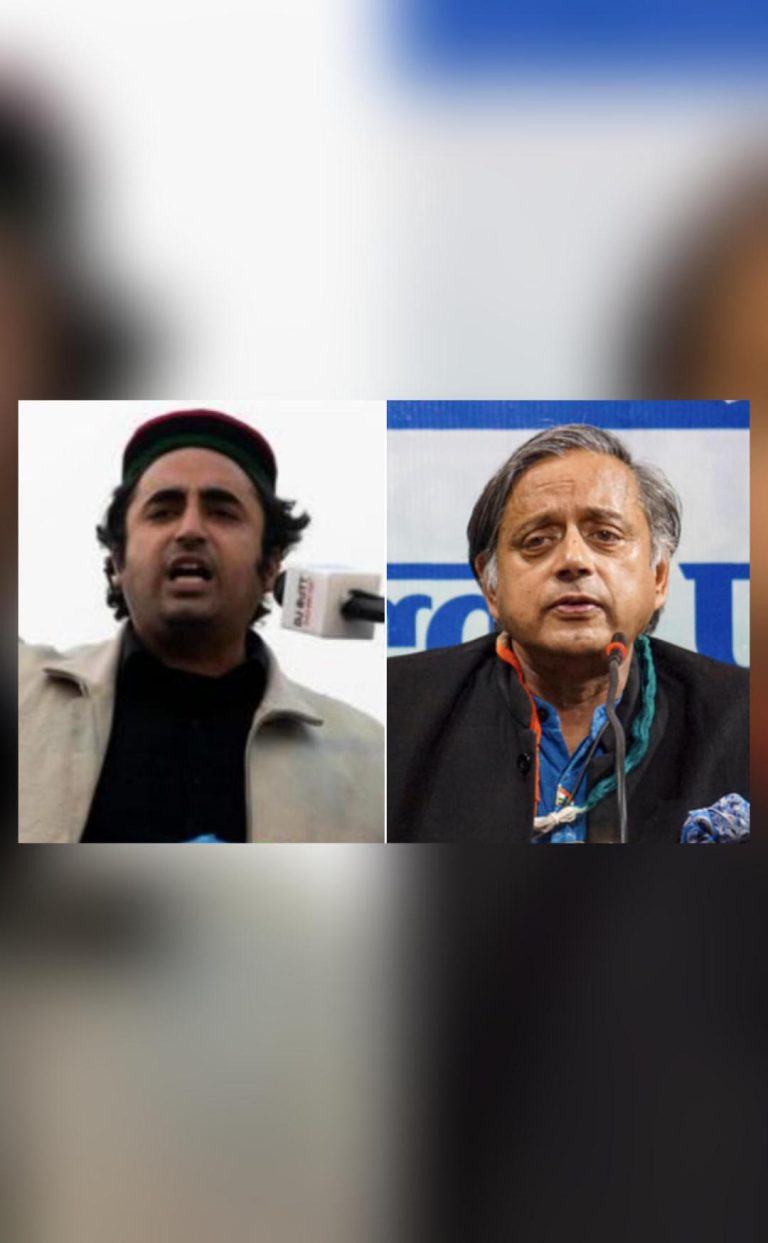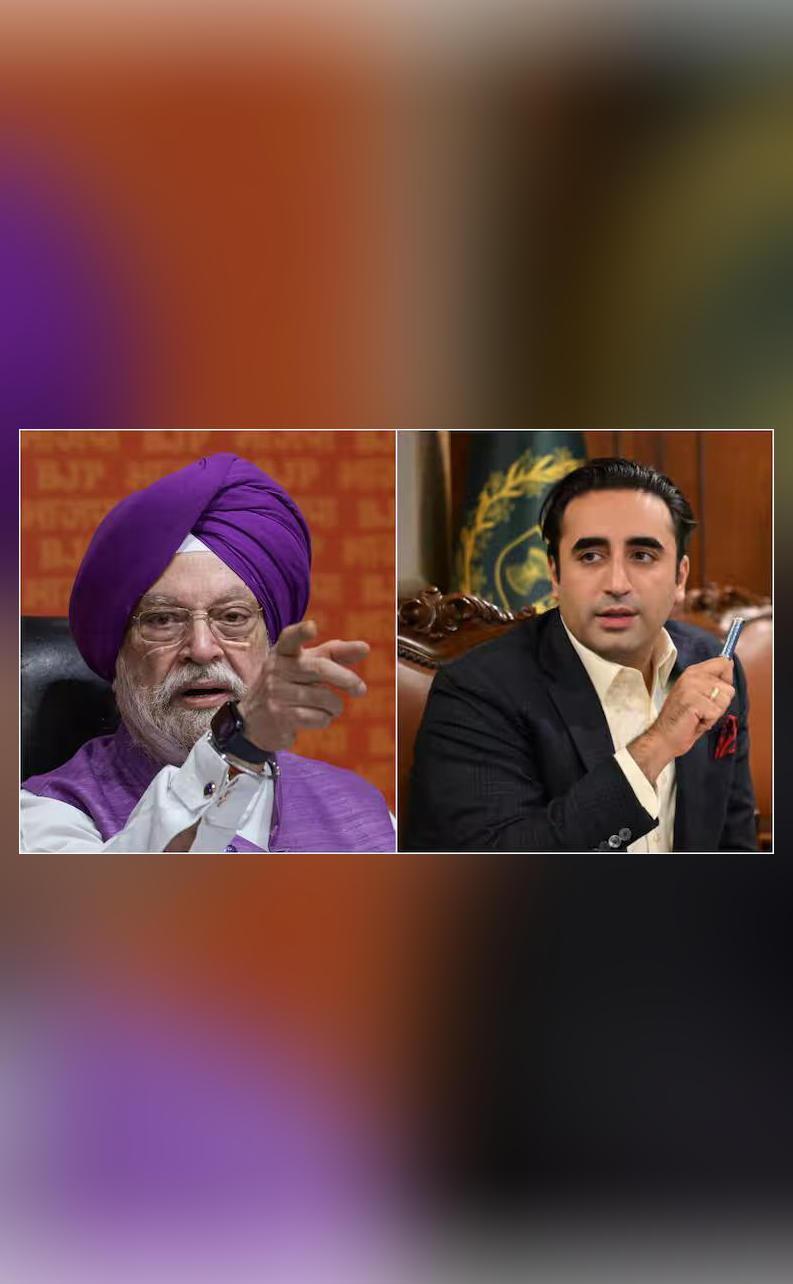
Look at what PM Modi said & wait for few days: Puri to Pak leader
The ongoing diplomatic tensions between India and Pakistan have reached new heights after the recent Pahalgam attack, which resulted in the killing of three Indian soldiers. In response to the incident, Pakistan’s Foreign Minister Bilawal Bhutto made a provocative remark, saying that the country will not compromise on the Indus Waters Treaty. Union Minister Hardeep Singh Puri, however, has responded to Bhutto’s statement with a sharp warning, saying “Look at what PM Narendra Modi said in Bihar…and wait for a few days.”
The Indus Waters Treaty, signed in 1960, is a bilateral agreement between India and Pakistan that regulates the sharing of water resources from the Indus River and its tributaries. The treaty has been a key component of the relationship between the two countries, but tensions have been escalating in recent years, particularly after the Pulwama terror attack in 2019.
Bilawal Bhutto’s statement came after India suspended the Indus Waters Treaty, citing Pakistan’s failure to take action against terrorist groups operating from its soil. The suspension of the treaty has been seen as a significant escalation of tensions between the two countries, and Bhutto’s remark has only added to the tension.
However, Puri’s warning has been seen as a clear message to Pakistan that India will not back down from its stance. PM Narendra Modi had earlier said that India will identify, track and punish every terrorist and their backers after the Pahalgam attack. Puri’s statement appears to be a direct reference to Modi’s words, indicating that India is preparing to take strong action against Pakistan.
The Pahalgam attack, which took place on November 15, was a brazen assault on Indian soldiers who were on patrol duty in the area. The attack was carried out by terrorists who infiltrated the area from across the border, and it has been widely condemned by governments and political leaders around the world.
India has been accusing Pakistan of supporting terrorism and providing safe haven to militant groups operating in the region. Pakistan, on the other hand, has been denying any involvement in the attack and has accused India of fabricating the incident to escalate tensions.
The suspension of the Indus Waters Treaty has been seen as a significant escalation of tensions between the two countries, and it has raised concerns about the potential impact on the region’s water resources. The treaty has been a key component of the relationship between India and Pakistan, and its suspension has been seen as a major blow to the fragile peace process between the two countries.
In recent years, tensions between India and Pakistan have been escalating rapidly, particularly after the Pulwama terror attack in 2019. The attack, which killed over 40 Indian soldiers, was carried out by a militant group based in Pakistan, and it led to a major escalation of tensions between the two countries.
India responded to the attack by launching a military operation against Pakistan, which resulted in the deaths of several Pakistani soldiers. Pakistan, on the other hand, launched a diplomatic campaign to condemn India’s actions and to accuse the country of perpetuating terrorism in the region.
The situation has been further complicated by the fact that the two countries have been engaged in a series of diplomatic battles in recent months. India has been accusing Pakistan of supporting terrorism and providing safe haven to militant groups operating in the region, while Pakistan has been accusing India of human rights abuses and violating the rights of Kashmiri people.
In the midst of this escalating tension, Puri’s warning to Pakistan has been seen as a significant escalation of the conflict. The statement has been interpreted as a clear message to Pakistan that India will not back down from its stance and that it is prepared to take strong action against the country.
Pakistan, on the other hand, has been trying to downplay the situation and to accuse India of escalating tensions. The country’s Foreign Minister, Bilawal Bhutto, has been trying to rally international support for his country’s stance, but so far, it has been met with skepticism by many countries.
The situation is further complicated by the fact that the two countries are also engaged in a series of trade and economic disputes. India has been accusing Pakistan of violating trade agreements and of imposing unfair trade restrictions, while Pakistan has been accusing India of violating international trade norms and of imposing trade sanctions.
In the midst of this escalating tension, it remains to be seen how the situation will unfold. However, one thing is clear: the warning issued by Puri has sent a clear message to Pakistan that India will not back down from its stance and that it is prepared to take strong action against the country.
